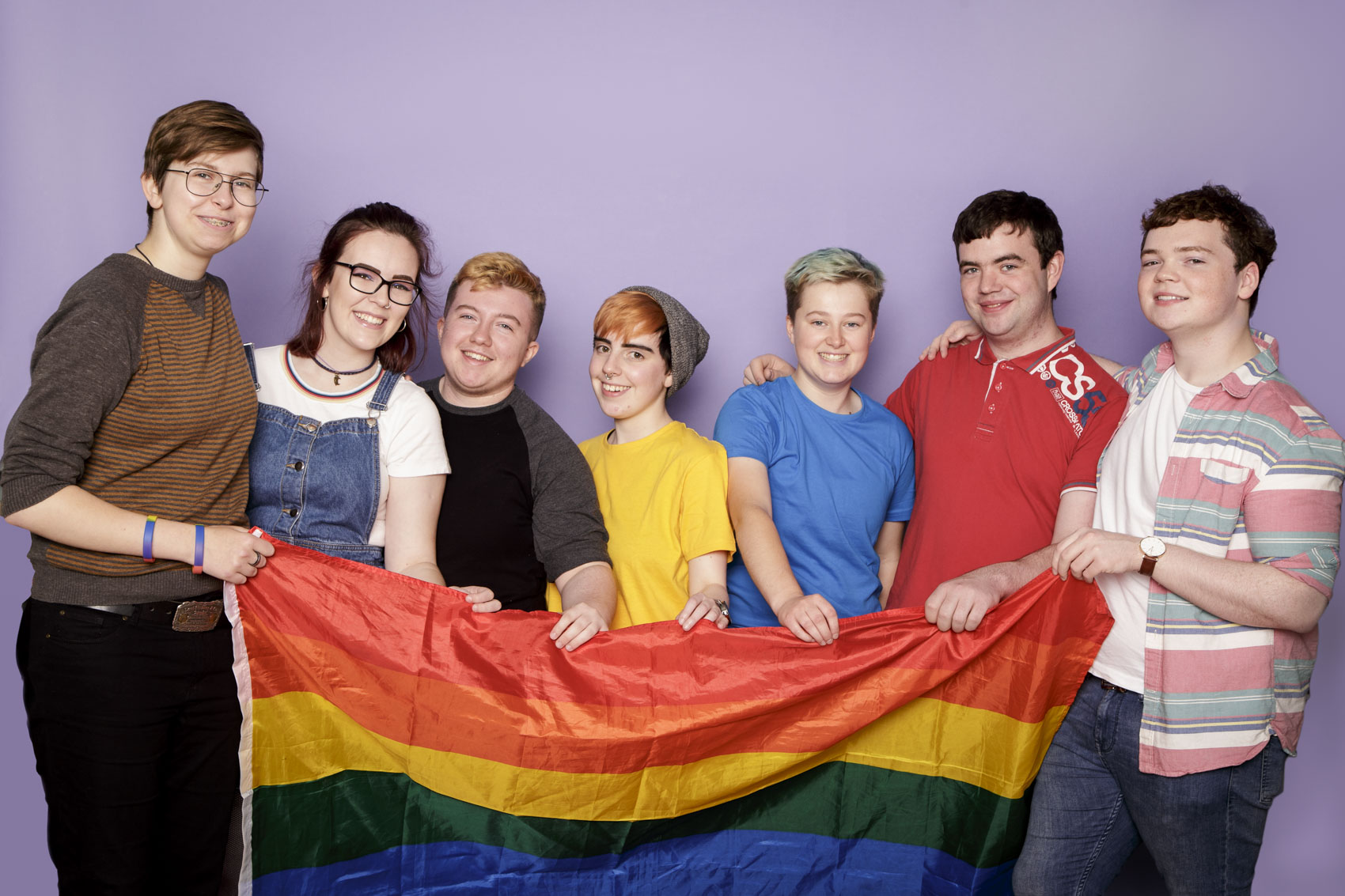

The granting of rights and privileges of the opposite sex to transgender individuals would infringe on the rights and protections of women, a meeting at the House of Commons has been told. The argument was offered in response to a Government proposal released this summer to allow people to change their official sex to whatever gender they identify with. A previous parliamentary committee had heard only one side of the argument, drawing the bulk of their evidence from transgender activist groups, because, it was said, people with contrary views were bigoted and their opinions had no validity. At this meeting however, it was pointed out that the advance of transgender rights often comes at the expense of women’s rights. Caroline Flint MP, a Labour minister from 2005 to 2009, spoke of the emerging environment of competing rights in which women were on the losing end. Miranda Yardley, herself a transsexual, pointed out: ‘The endowment of rights to males as females compromises the privacy of females . . . and particularly will affect those women who are economically disadvantaged or victims of male violence.’ Women’s group representatives described the chilling effect of trans-activism on women’s organisations who cannot publicise meetings for fear of attack.

A major new survey shows that in 2016, 36pc of Irish adults still attended a religious service at least once a week. The finding is contained in the European Social Survey (ESS), one of the biggest surveys of social attitudes across Europe. The 2016 figure of 36% is one point down from the last survey, in 2014, but remains one of the highest in Europe and shows the continued resilience of religious practice even in the face of secularising trends and hostile attitudes to Christianity. The 2016 survey also showed that there has been only a tiny increase in the number of Irish adults who say they don’t belong to any particular religion or denomination compared with 2014 when the figure was 25.2pc and last year was 26.3pc. A somewhat bigger drop was recorded in the number of Irish people who say they pray at least once a week from 60pc in 2014 to 55.3pc in 2016.
The Iona Institute said in a statement: “The survey shows Ireland remains one of the most religious countries in Europe, with only Poland registering higher levels of regular church attendance and prayer. The results should also come as a surprise to pundits who peddle the narrative of religion being a dying feature of Irish life.
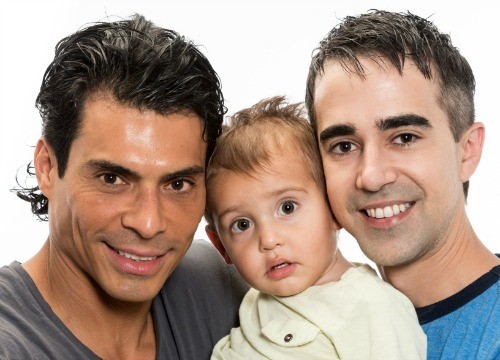
Contrary to all other polls and predictions, an academic study of Twitter opinions is pointing to the ‘No’ side eking out a slim victory in the national same-sex marriage survey in Australia. Academics David Tuffley and Bela Stantic used advanced data analytics which they say have proven uncannily accurate at predicting the outcomes of hard-to-call polls, including the 2016 US presidential election, when Donald Trump shocked virtually all political pundits by beating Hillary Clinton. In their trawl through almost a half million tweets on the issue, they found that while 72 per cent of tweets favoured same-sex marriage, less than 15 per cent were sent by people over the age of 55. Moreover, taking the sentiment of the unique users into account, the adjusted figure in support came down from 72 per to 57 per cent. Then, adjusting the low proportion of tweets from over-55s and matching it against the 36 per cent of the voter pool they represent, support for ‘yes’ comes down to 49 per cent. “So it is likely to be a close-run result, much closer than the earlier polls suggested, and leaning in the direction of ‘no,’ Professor Stantic and Mr Tuffley concluded.
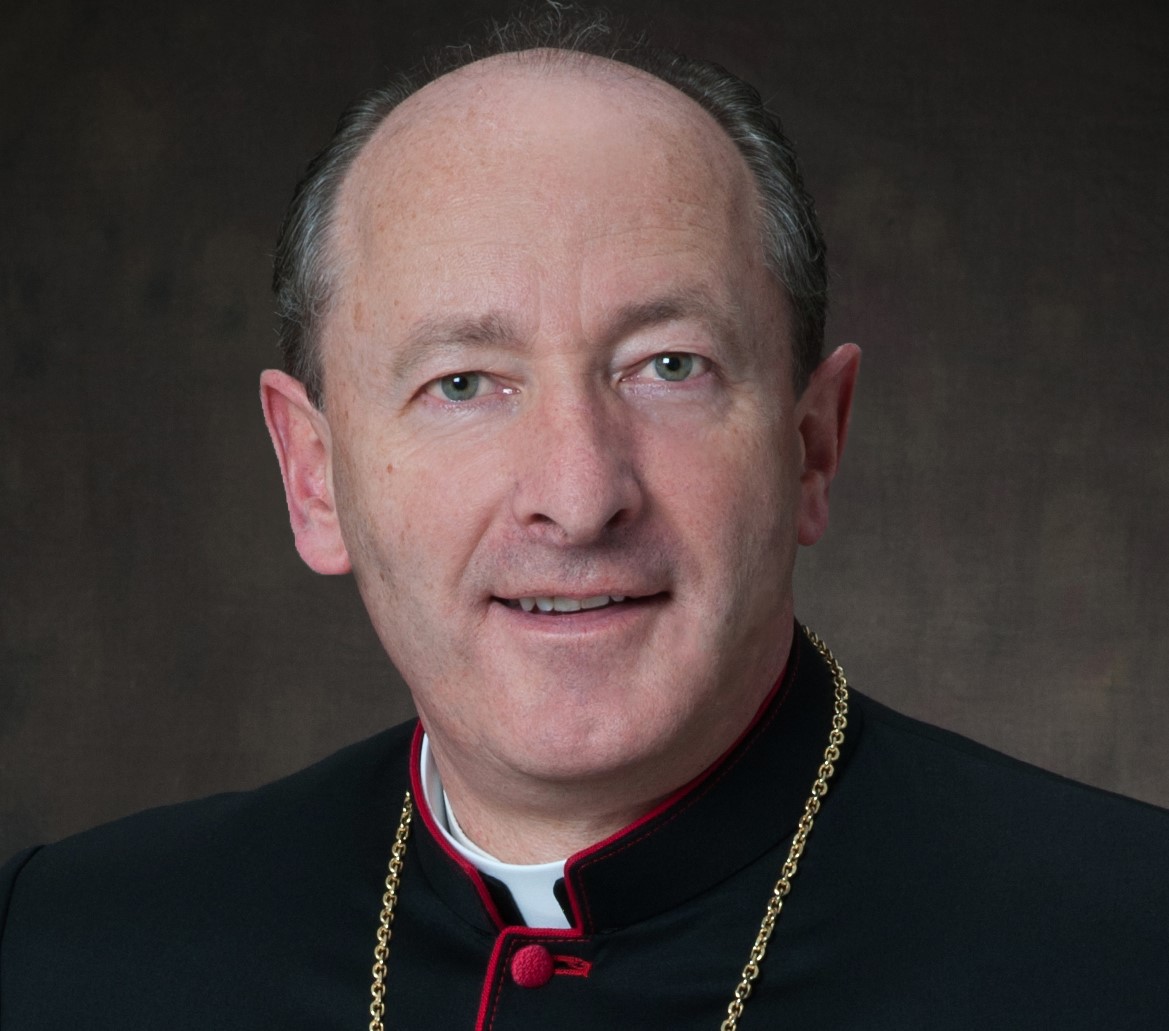
The Bishop of Waterford and Lismore, Alphonsus Cullinan, has offered a robust defence of the right to life of the unborn and its place in the Constitution as enacted in the 1983 pro-life amendment. In his opening address to the ‘Crisis of Democracy in Ireland’ conference in Waterford, Bishop Cullinan said the amendment recognises a fundamental, personal right that is neither given nor can be taken away by the State, but can only be acknowledged as already inherently belonging to each unborn child. The deletion or amendment of Article 40.3.3, would serve no purpose other than to withdraw the right to life from some categories of unborn children. To do so, he said, “would radically change the principle, for all unborn children and indeed for all of us, that the right to life is a fundamental human right”. Denying the pro-choice clam that a mother’s right to bodily autonomy includes the right to abort her own child, he quoted Pope Francis saying, “no alleged right to one’s own body can justify a decision to terminate that life, which is an end in itself and which can never be considered the ‘property’ of another human being.”
Bishop Cullinan also said that language describing the unborn is often used to dehumanise the child in the womb. “We question why, in public discourse, healthy unborn children are always referred to as ‘the baby’ while those who, in the opinion of some, do not measure up to expectations are routinely defined as the ‘foetus’ or the ‘embryo’. We are concerned that language is being used with the intention of depersonalising certain categories of unborn children in a way which seeks to normalise abortion.”
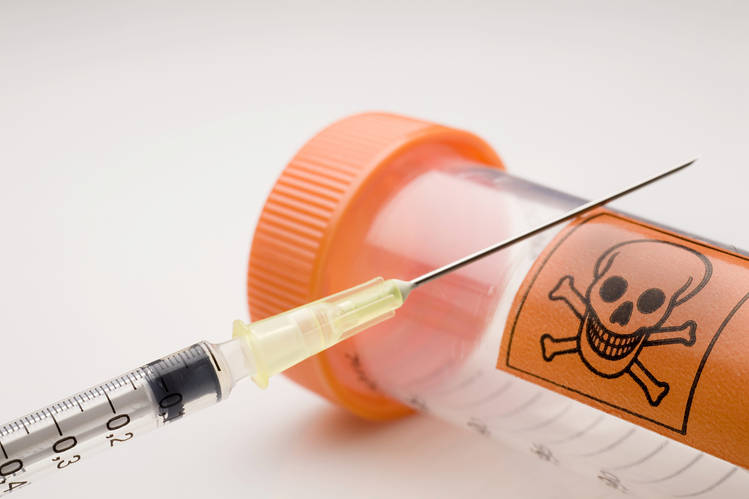
There has been a huge increase in the use of euthanasia in Quebec since its inception in December 2015, even as campaigners seek to broaden the law to allow more categories of people access to assisted suicide and euthanasia, including those suffering from dementia.
New figures reveal that Quebec doctors euthanised 638 people between June 10, 2016, and June 9, 2017—a huge pro rata increase on the 167 people who were killed in the first six months after the law went into effect in December 2015. At the same time, Veronique Hivon of the Parti Quebecois said “a lot of people” approach her about modifying the law to allow those with degenerative illnesses such as Alzheimer’s to be euthanized at the request of family members. “According to the evidence, the numbers confirm that the law is responding to a need of people at the end of their life, who are suffering and who want access to this option,” Hivon said in an interview. “There is a very clear desire within the population to debate expanding the legislation. We need this debate to happen.” Quebec Health Minister Gaetan Barrette is putting together a committee of experts to look into expanding the law to have it apply to people who are deemed “legally and clinically unfit” to give consent to the procedure.

Scotland’s Health Ministry has decided that women may legally take the abortion pill at home, rather than in a supervised medical clinic, and in doing so have become the first and only part of the UK to allow this. Scotland’s public health minister Aileen Campbell said allowing women take the abortion pill, misoprostol, at home enables them “to be in control of their treatment and as comfortable as possible during this procedure.” The drug is taken in two stages and induces labour-like pains and bleeding resulting in a miscarriage.
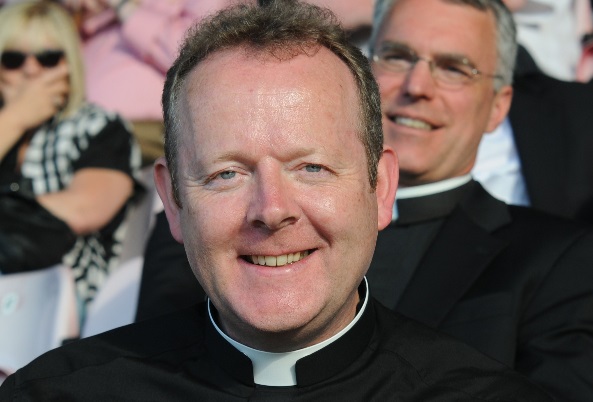
Archbishop Eamon Martin has defended the unique cultural and moral contribution of Catholic schools to helping parents form their children well and he decried attempts to dilute and sideline the unique characteristic ethos of that education. Delivering the keynote address at a conference on education organised by The Irish Catholic newspaper, the Archbishop of Armagh said that Catholic schools form an essential part of a faith-based educational triad consisting of parents, parish and school. In this understanding, parents are directing the education of their children and they exercise a “human and constitutional right to have their children educated in accordance with their religious beliefs”, and place their trust “that the school community will assist THEM in accompanying THEIR children on their itinerary of faith”.
Archbishop Martin described an “intentionally” Catholic family as one where faith really directs their pursuit of the good life. “Just as there are ‘intentional’ Catholic families, so also there are ‘intentional’ Catholic schools,” he said, where Christian faith and values inspires a distinctive ethos and education. That ethos is very different from the prevailing culture that focuses on self-interest, power, wealth and popularity, and equips children instead to live in a world filled with aggression, poverty and austerity, and be able to deal with failure as much as success.
“It is no surprise, then, that Catholic parents, families, and parishes will defend the importance of their school’s ethos, or ‘characteristic spirit’ against those who lack an understanding of it, or would actively seek to undermine it. There is a reasonable concern that much of current educational policy in Ireland would promote a generic model of primary education and dilute the right of parents to have access to a school which unashamedly and intentionally lives by a faith-based ethos,” he said.
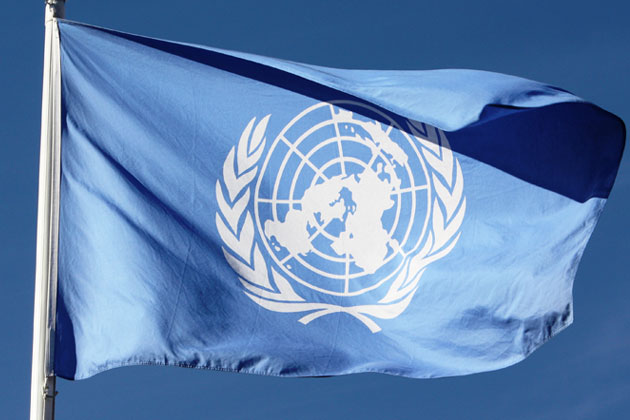
The UN Committee on the Rights of Persons with Disabilities (CRPD) also objected to “fatal foetal impairments” being used as a specific ground for abortion as “often it cannot be said if an impairment is fatal” on the grounds that “experience shows that assessments on impairment conditions are often false”. They added that, even if the diagnosis of a life-limiting condition is correct, the label “perpetuates notions of stereotyping disability as incompatible with a good life”.
This latest submission from the disability committee was warmly welcomed by the support group Every Life Counts. Spokesperson, Tanya Coonan, said that parents were very pleased that the UN Committee rejected the ‘incompatible with life’ label which she said was used to dehumanise and discriminate against babies with a severe disability. Moreover, she said, “By citing the already existing and widely ratified Convention on the Rights of Persons with Disabilities the CRPD makes a powerful case that abortion on disability grounds are a grave breach of human rights”. The Pro Life Campaign said the disability committee’s views were “welcome news” and helped draw attention to “huge” numbers of abortions taking place on disability grounds.
“That’s why in countries like England, over 90 per cent of babies diagnosed with Down Syndrome are now aborted and the UN Human Rights Committee, along with some other international bodies, is standing by and letting this happen without any criticism that would make a worthwhile difference,” said spokeswoman Cora Sherlock.
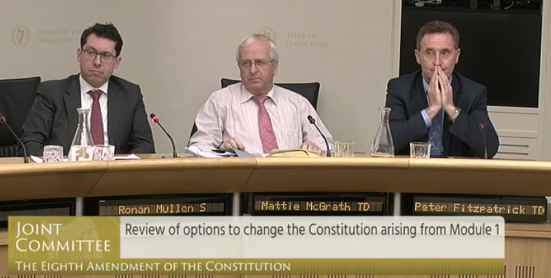
Parents of babies aborted for suffering from what they term “fatal-foetal abnormalities” yesterday called for the availability of abortion up until birth for babies showing signs of severe impairments. The reason they gave for the late availability of abortion would be to cover circumstances where the diagnosis was made late into the pregnancy. Gerry Edwards, spokesperson for Terminations for Medical Reasons, said he believed no gestational limit should be enforced in cases of so called “fatal foetal abnormalities” as, he said, it would be completely inappropriate. If such a limit were put in place, it could force parents to make decisions more hastily than they should, he added, insisting time is necessary for individuals to think about what they should do.